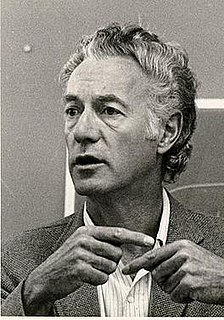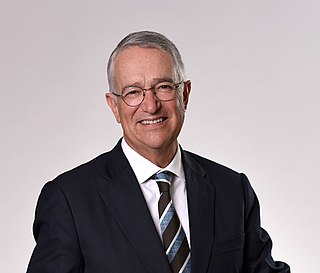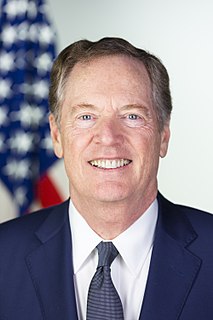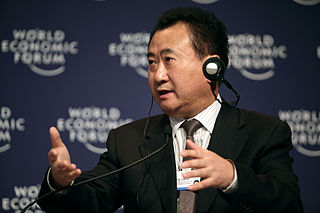A Quote by Herbert Schiller
In the 1990's, a time of corporate capital's global ascendancy, the mildest restraints on its prerogatives have been peremptorily rejected. Automatically, under this designation, measures to protect national cultural industries, for example, have been ruled unacceptable infringements of "free trade."
Related Quotes
[Barack] Obama, for example, he has not given up on cap-and-trade. Now, he has not been able to pass cap-and-trade, but cap-and-trade is all about redistribution of wealth in a global basis - taking money out of this country and giving it to third-world countries on the other end of the ocean. And that is redistribution of wealth in a global basis. It's fundamental Marxism.
I don't want to overvalue Donald Trump as some historical rupture, and to admit that I do think Trump is an indication of a fairly profound change. But the change started a while ago, and it has taken a while to appear. Global capital, particularly western capital, has been in decline since the late 60s and early 70s. The softness appeared in the 60s, the profit rate fell off the table in 1972 - 73, and there have been very uneven recoveries. This has been an ongoing weakening of the productive economy of accumulation at a global scale, of capital's capacity to expand.
If, for example, each of us had the same share of capital in the national total capital, then if the share of capital goes up it's not a problem, because you get as much as I do. The problem is that capital in capitalist countries is very heavily concentrated, especially financial capital. So then if the share of income from that source goes up, that actually exacerbates inequality.
Cultural speciation had been crippling to human moral and spiritual growth. It had hindered freedom of thought, limited our thinking, imprisoned us in the cultures into which we had been born. . . . These cultural mind prisons. . . . Cultural speciation was clearly a barrier to world peace. So long as we continued to attach more importance to our own narrow group membership than to the ‘global village’ we would propagate prejudice and ignorance.



































